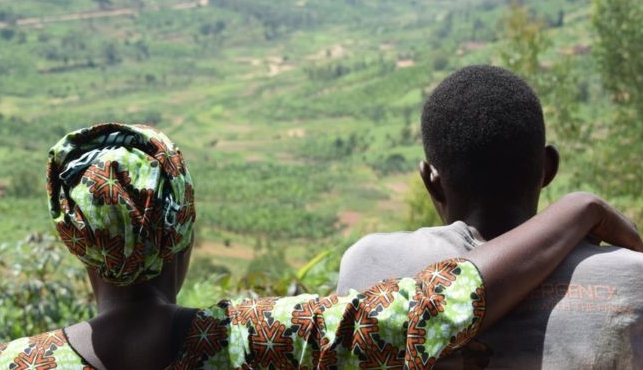
Two recent papers of interest with research on youth born of genocidal rape have been published, which we link to and showcase here.
1. ‘They Should See Us as a Symbol of Reconciliation’: Youth Born of Genocidal Rape in Rwanda and the Implications for Transitional Justice, Myriam Denov & Sara Khan, Journal of Human Rights Practice
Rape and other brutal forms of sexual violence are now widely acknowledged as weapons of war, designed not only to violate and terrorize individual victims but also to denigrate the larger communities to which victims belong. Yet children born of conflict-related sexual violence remain largely overlooked as victims to the profound consequences of sexual violence and excluded from transitional justice processes aiming to reconcile and repair post-conflict societies. Through in-depth qualitative interviews and focus groups with 60 participants born of genocidal rape in Rwanda, this study sought to examine the experiences and lived realities of this specific group of conflict-affected young people. The voices and perspectives of Rwandan youth born of genocidal rape draw attention to the complex reality of victimhood, social stigma and identity as a result of conflict-related sexual violence, alongside participants’ desire for societal recognition. Our findings suggest that the inclusion of this population of youth is urgently needed as part of the broader initiatives addressing conflict-related sexual violence and transitional justice in the aftermath of war and genocide.
2. Reintegration of children born of wartime rape (What lessons have been learned from efforts to reintegrate children born of wartime rape into communities?), Brigitte Rohwerder, Institute of Development Studies
Children born of wartime rape, and their mothers, are often stigmatised by their own communities, due to their associations with political, ethnic or religious enemies. Their identity and sense of belonging are contested, which creates dangers for their physical security and emotional wellbeing. Children born of wartime rape are at risk of violence, abuse, abandonment, discrimination and marginalisation, at the hands of both families and communities. They often have less access to community resources, family protection and education or livelihood activities, and are likely to grow up in poverty. They can face challenges in registering their birth and their right to citizenship. The experiences of children born of wartime rape can result in a lifetime of detrimental consequences, and the stigmatisation they experience has continued long into the post war period. Their experiences differ as a result of gender, perceived ethnicity, social and economic status, as well as structural gender discrimination, especially in patriarchal and patrilineal societies. This rapid literature review looks at some of the available evidence on the experiences of children born of wartime rape in several different countries (Bosnia, Rwanda, Uganda, and Iraq) and lessons learned fromefforts to support and reintegrate them into communities. However, specific efforts to support and reintegrate children born of wartime rape have been scarce. Such efforts suggest the importance of supporting mothers; the need for supported disclosure; the importance of strategies for constructing a positive identity; the importance of being with others in similar situations; the need for access to education; the possibility of tracing paternal relatives; the need for community sensitisation and stigma reduction; the need to clarifythe legal statusof children born of wartime rape; the need to have programmes which don’t single them out to detrimental effect; and the need for their involvement in post-conflict transitional justice mechanisms.
